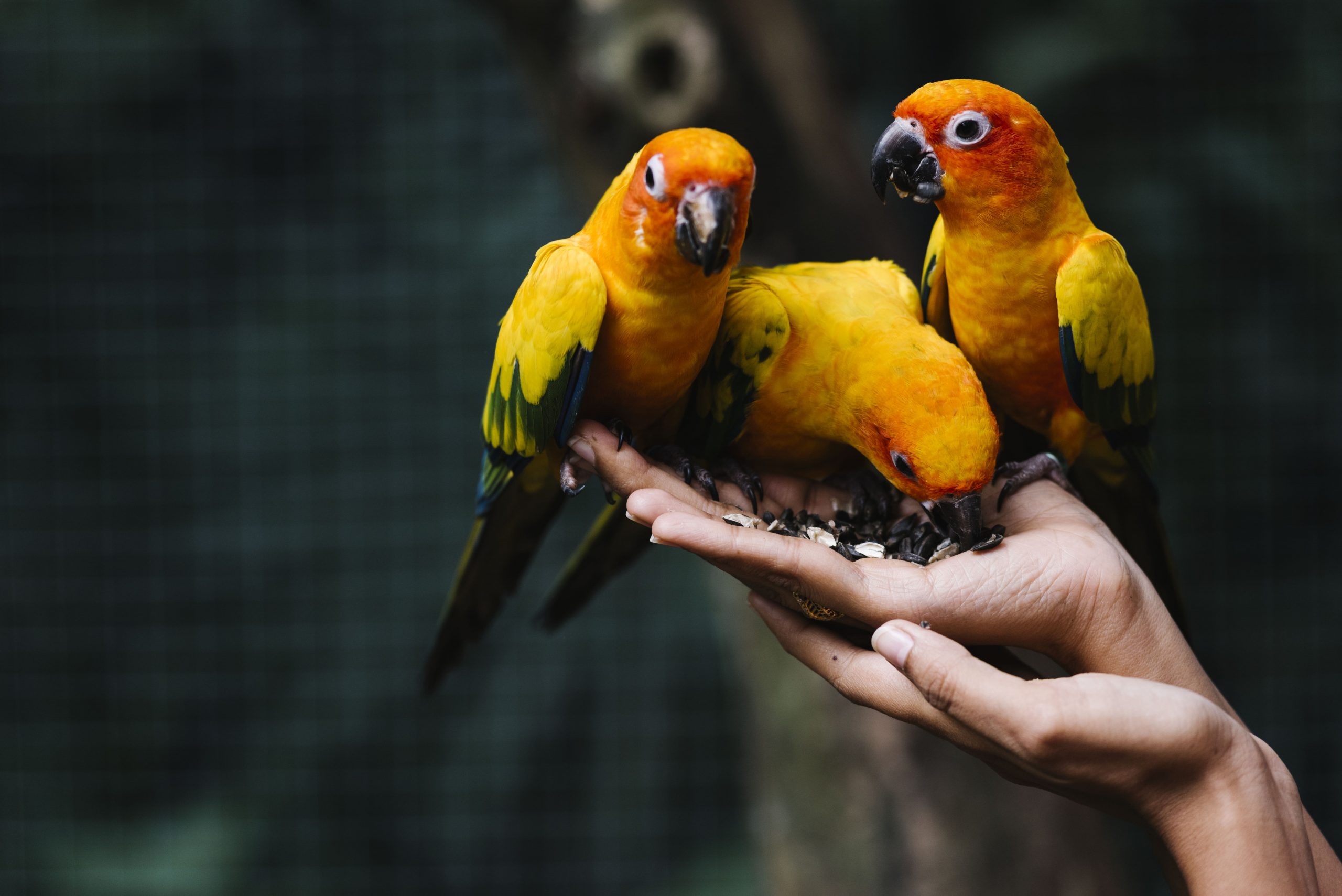The best way to care for wild animals is to leave them in the wild.
Humans have a long history of caring for wild animals. In many cultures, people have traditionally seen themselves as stewards of the natural world, and have worked to protect and care for wild animals. Today, there are many organizations and individuals dedicated to the care of wild animals.
There are many reasons why people care for wild animals. Some people see it as a way to protect the environment. Others see it as a way to preserve the animal’s natural habitat. And still others see it as a way to provide a safe haven for an animal that might otherwise be in danger.
Whatever the reason, caring for wild animals can be a rewarding experience. It can also be a challenging one. Here are some things to keep in mind if you’re thinking about taking on the responsibility of caring for a wild animal:
1. Make sure you’re prepared.
Before you take on the responsibility of caring for a wild animal, make sure you’re prepared for the task. Do some research to find out what kind of care the animal will need. Find out what kind of food it eats, what kind of shelter it needs, and what kind of environment it prefers.
2. Get help from experts.
If you’re not sure how to care for the animal you’ve taken in, get help from experts. There are many organizations that can provide you with information and advice about caring for wild animals.
3. Be prepared for challenges.
Caring for a wild animal can be challenging. Be prepared for the fact that the animal may not be used to being around humans and may be scared or skittish at first. It may also be difficult to care for an animal that is used to living in the wild. Be patient and give the animal time to adjust to its new surroundings.
4. Have realistic expectations.
Don’t expect that you’ll be able to turn a wild animal into a pet. Most animals that are raised in captivity cannot be released into the wild again because they lack the skills they need to survive on their own. If you’re taking in a wild animal, be prepared for the fact that it may never fully adjust to living in captivity.
5. Be prepared to let go.
There may come a time when you need to let go of the animal you’re caring for. If the animal becomes too much for you to handle, if it becomes sick or injured, or if it simply doesn’t adjust to living in captivity, you may need to make the difficult decision to let it go back into the wild or to euthanize it.
Why should we take care of wild animals?
As we continue to encroach on wild habitats and put pressure on ecosystems around the globe, it’s important that we take steps to ensure the health and well-being of the animals that call those places home. Here are just a few reasons why it’s important to take care of wild animals:
1. They play an important role in maintaining balance in their ecosystems.
Wild animals play a crucial role in maintaining the delicate balance of their ecosystems. For example, large predators help to keep populations of their prey in check, which can help to prevent overgrazing and preserve plant life. Similarly, animals that disperse seeds help to ensure that new plants can take root and thrive.
2. They provide us with important resources.
Many wild animals provide us with important resources that we rely on for our survival. For instance, bees and other pollinators are responsible for the fertilization of many crops that we eat, while fish and other aquatic animals provide a major source of protein for people around the world.
3. They offer us a window into the natural world.
Wild animals can offer us a unique window into the natural world, helping us to better understand the complexities of ecosystems and the amazing adaptations of individual species. For example, by studying how animals interact with their environment, we can learn more about how we might be able to mitigate the impact of human activity on ecosystems.
4. They are an important part of our heritage.
Many wild animals have been an important part of human cultures for centuries, and they continue to hold great meaning for us today. For example, many indigenous peoples have strong spiritual connections to specific animal species, and animals often play an important role in traditional stories and legends.
5. They are simply amazing!
Last but not least, wild animals are simply amazing creatures, and it’s hard not to be awestruck by their beauty, grace, and power. From the majestic lions of Africa to the playful dolphins of the ocean, there is an incredible diversity of wild animals out there waiting to be discovered.
What do you think you can do to protect wild animals?
There are many things that we can do to protect wild animals. One of the most important things we can do is to educate ourselves and others about the importance of conservation. We can also support organizations that are working to protect wildlife and their habitats. Here are some more specific ideas:
• Learn about the threats that wild animals face. This will help you to understand why it is important to protect them.
• Raise awareness about the issue. Talk to your friends and family about the importance of conservation. Write letters to your elected officials or the media about the issue.
• Get involved with a local or national organization that is working to protect wildlife. There are many different groups doing great work on this issue, so find one that aligns with your interests and get involved!
• Support sustainable agriculture and forestry practices. These practices help to protect habitat for wildlife.
• Reduce your own impact on the environment. This includes things like recycling, conserving energy, and reducing your consumption of animal products.
Every little bit helps when it comes to protecting wild animals. By taking even just a few of these actions, you can make a big difference in the fight to save these important members of our planet.







